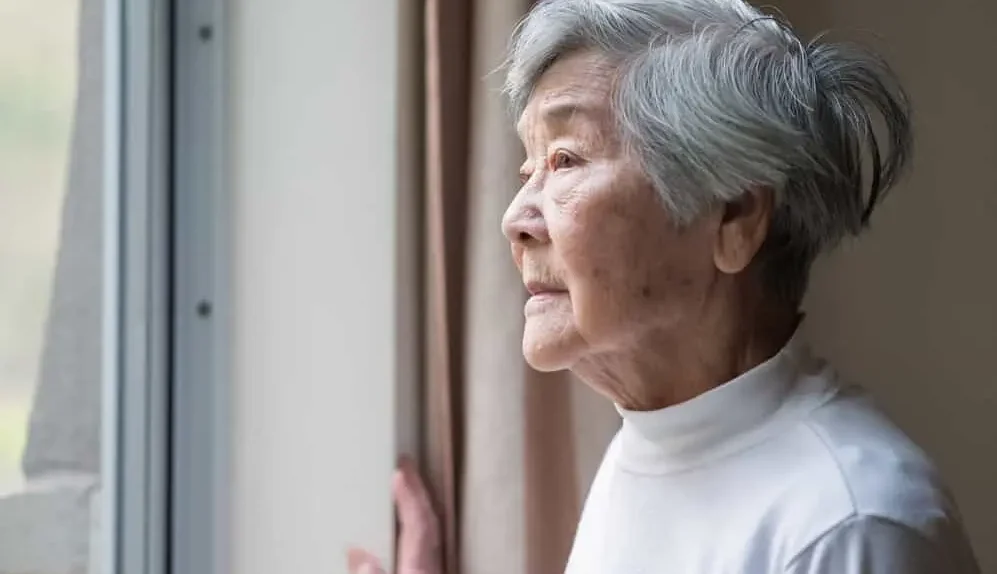Blog
The Difference Between Nursing Home Abuse and Nursing Home Neglect

The Dangers Residents of Nursing Homes Face
Nursing home abuse and neglect are both serious issues that can have a negative impact on the victims. However, there is a big difference between nursing home abuse and neglect. Nursing home abuse is an intentional act by the nursing home staff to harm or mistreat the patient. On the other hand, nursing home neglect is an unintentional act where the nursing home staff fails to provide necessary care to the patient. Read on for examples of each.
Nursing Home Abuse: An Intentional Act of Violence
Nursing home abuse is a form of elder abuse that involves violence or the threat of violence against a nursing home resident. This type of abuse can be physical, sexual, or emotional. Nursing home staff may use physical force against residents or threaten them with physical harm. Nursing home residents may also be subjected to sexual assault or harassment by staff members. And one of the most prevalent is emotional abuse when staff members insult, or cruelly treat residents. Examples of nursing home abuse include but are not limited to:
- Hitting, slapping, punching, or restraining a resident
- Punching or kicking a resident
- Forcing a resident to eat or drink something they refuse
- Denying a resident necessary medical care
- Refusing to change a resident’s diapers or access to a toilet
- Threatening a resident with physical violence
- Sexual misconduct with a resident
- Emotional abuse (e.g., yelling, shaming)
- Financial exploitation (e.g., stealing money or possessions)
Nursing Home Neglect: An Unintentional Failing of Care
Nursing home neglect is an unintentional failing of care where staff members unintentionally fail to provide the necessary care for their patients. This type of neglect often results from understaffing, overworked staff, or simply a lack of training and knowledge on adequately caring for elderly patients. Examples of nursing home neglect may include but are not limited to:
- Not providing necessary medication or treatment
- Failure to provide food or drink
- Allowing bed sores to form and go untreated
- Failing to change bedding or clothes when needed
- Not providing adequate warmth or ventilation
How to Spot Nursing Home Abuse and Neglect
Nursing home abuse and neglect are often challenging to detect, as victims may be too afraid to speak up or may not be able to communicate what’s happening to them. However, some warning signs can indicate that abuse or neglect occurs. If you suspect that your loved one is being abused or neglected in a nursing home, here are some things to look out for:
- Physical injuries, such as bruises, welts, cuts, or burns
- Bedsores
- Unexplained weight loss
- Frequent falls or accidents
- Emotional withdrawal or depression
- Sudden changes in behavior
- Inappropriate clothing or attire for the weather conditions
- Chemical restraints (medications used to control a resident’s behavior) being used without a doctor’s order
- Malnutrition or dehydration
- Poor hygiene
- Unkempt appearance
- Failing to provide adequate nutrition
- Failing to provide necessary clothing or bedding
- Not providing timely medical care
- Allowing dangerous living conditions (e.g., lack of safe locks on doors, cluttered walkways)
How to Get Help For Victims of Nursing Home Abuse or Neglect
Nursing homes should be a safe place for seniors, free from the fear of abuse and neglect. If you have a loved one currently residing in a nursing home and suspect they may be a victim of nursing home abuse or neglect, seek help immediately. Contact a nursing home abuse lawyer today for assistance. Managing Partner Christopher Bandas is a highly regarded member of the legal community and rated “Distinguished” by his peers in the Martindale-Hubbell® publication. No case is too big or too small, and our team is prepared to protect your rights.
When you need legal assistance, “Better Get Bandas!” Call (361) 238-2789 or fill out this short form to schedule a free consultation with a member of our team. We are available for calls 24/7.
contact us
Request A Free Consultation
Fields marked with an * are required
